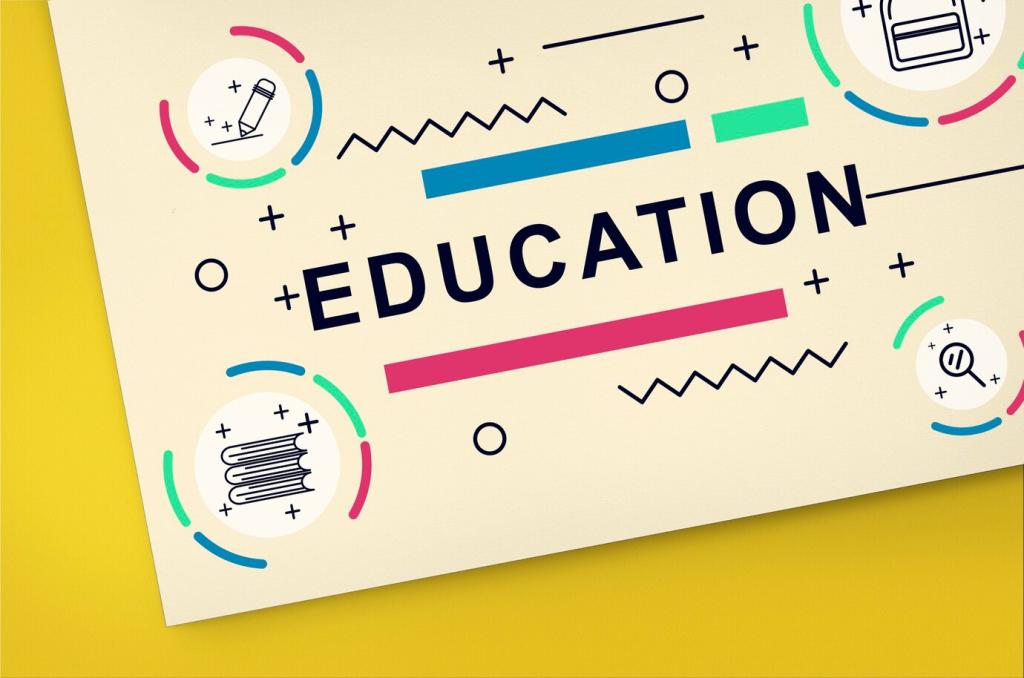Lateral Reading with Encyclopedias
Compare Britannica, Wikipedia, and the Stanford Encyclopedia of Philosophy on the same topic. Note revision dates, author credentials, and cited studies. Differences often reveal definitional choices, not merely disagreements. Share your most illuminating discrepancy and how it changed your conclusion.
Lateral Reading with Encyclopedias
On Wikipedia, talk pages and edit histories expose debates, reversions, and unsettled questions. Reading these traces teaches evaluation of argument quality, not only outcomes. Subscribe for a printable checklist that helps students assess rigor, tone, and evidence across contentious edits.









